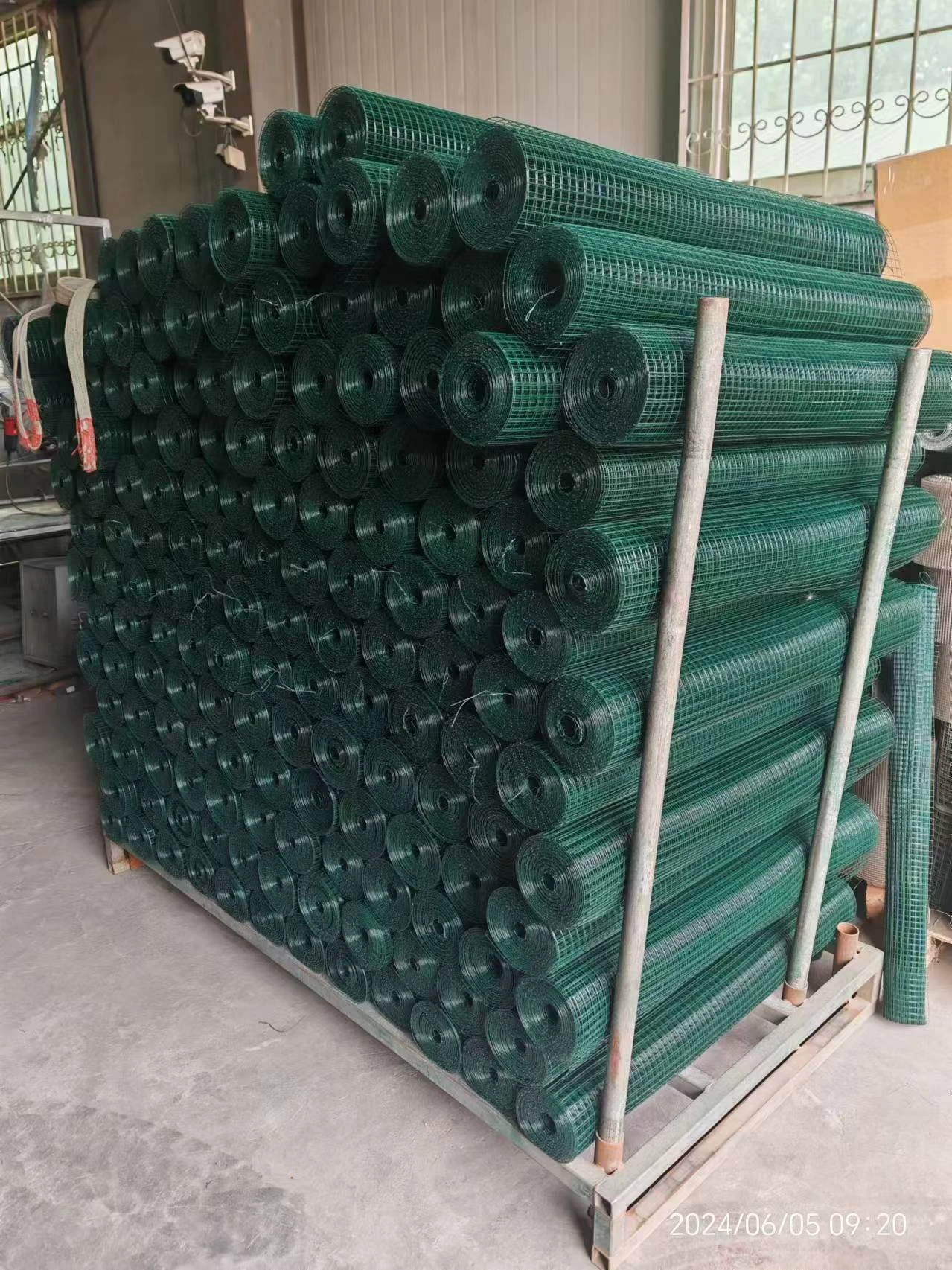The Significance of GI Wire Factories in Modern Construction
Galvanized Iron (GI) wire has become an essential material in various construction and manufacturing industries due to its durability, corrosion resistance, and versatile applications. The GI wire factory plays a crucial role in producing this indispensable material, serving a wide array of sectors, including construction, agriculture, and fencing. In this article, we will explore the production process of GI wire, its applications, and the significance of GI wire factories in the modern industrial landscape.
Understanding GI Wire
Galvanized Iron wire is created by coating iron or steel wire with a layer of zinc to protect it from corrosion. The galvanization process enhances the wire's durability and longevity, making it suitable for both indoor and outdoor applications. This protective layer prevents rust formation, thereby extending the life of the wire, which is vital for infrastructure that is exposed to the elements.
The Production Process
The production of GI wire involves several critical steps, beginning with the sourcing of high-quality raw materials, typically low-carbon steel wire. The process can be broadly categorized into the following stages
1. Wire Drawing This initial stage involves reducing the diameter of the steel wire through a series of drawing dies, which increases its tensile strength.
2. Cleaning The drawn wire is then cleaned to remove any oxides or impurities. This is typically achieved using a combination of mechanical and chemical cleaning methods.
3. Galvanization After cleaning, the wire is coated with zinc through one of two primary methods hot-dip galvanization or electro-galvanization. Hot-dip galvanization involves immersing the wire in molten zinc, resulting in a thick, durable coating. Conversely, electro-galvanization employs an electroplating process to apply a thinner layer of zinc.
4. Cooling and Inspection Following galvanization, the wire is cooled and subjected to quality inspections to ensure it meets industry standards regarding strength, coating thickness, and flexibility.
Applications of GI Wire
The versatility of GI wire makes it suitable for a multitude of applications
gi wire factory

- Construction GI wire is widely used in construction for reinforcing concrete, making wire mesh, and creating fences. Its strength and resistance to weather conditions make it a preferred choice for builders and contractors.
- Agriculture In farming, GI wire is employed for fencing livestock and creating trellises for climbing plants. Its durability ensures that it can withstand harsh environmental conditions while maintaining its structural integrity.
- Manufacturing Various industries utilize GI wire in the manufacturing of products like furniture, grills, and other intricate designs, where strength and longevity are required.
- Electrical Applications GI wire is also found in electrical applications where grounding cables are needed, as zinc-coated wires can effectively prevent corrosion over time.
The Importance of GI Wire Factories
GI wire factories play a pivotal role in the economy by providing essential materials that support multiple industries. Here are a few key reasons why these factories are significant
1. Job Creation These factories employ skilled and unskilled labor, contributing to local economies and providing livelihoods for many families.
2. Innovation and Technology To remain competitive, GI wire factories invest in advanced manufacturing technologies and processes, leading to increased efficiency and better-quality products.
3. Sustainability Many GI wire manufacturers are adopting eco-friendly practices, such as recycling zinc and minimizing waste, aligning with global sustainability goals.
4. Supply Chain Reliability With the growing demand for GI wire, factories ensure a steady supply of essential materials, which is crucial for various sectors, particularly during construction booms.
Conclusion
In conclusion, the GI wire factory is a cornerstone of modern construction and industry. With its role in producing galvanized iron wire, it supports various applications that contribute to infrastructure development, agriculture, and manufacturing. As industries evolve and demand for high-quality materials increases, the significance of GI wire factories will undoubtedly continue to grow, solidifying their role in the economic landscape. Therefore, understanding the production process, applications, and importance of these factories is essential for anyone involved in construction, manufacturing, or related fields.

















